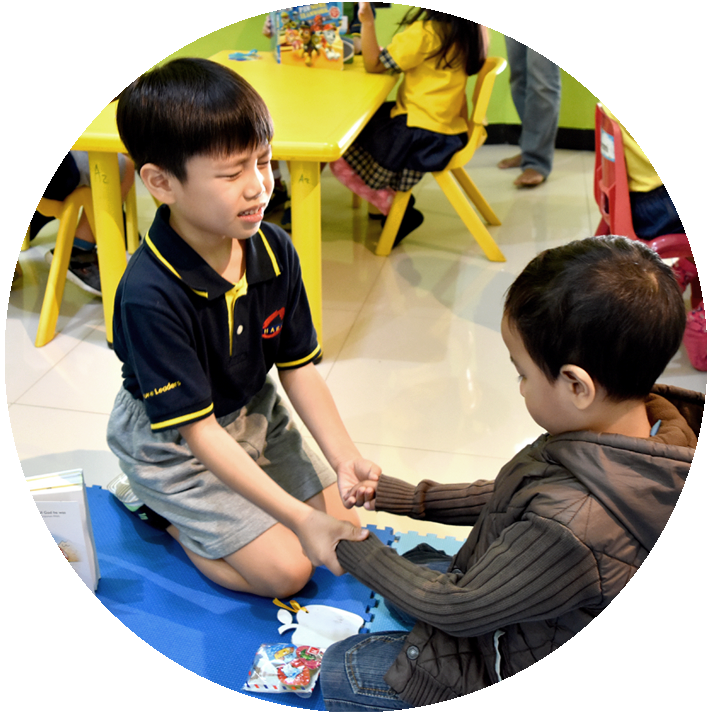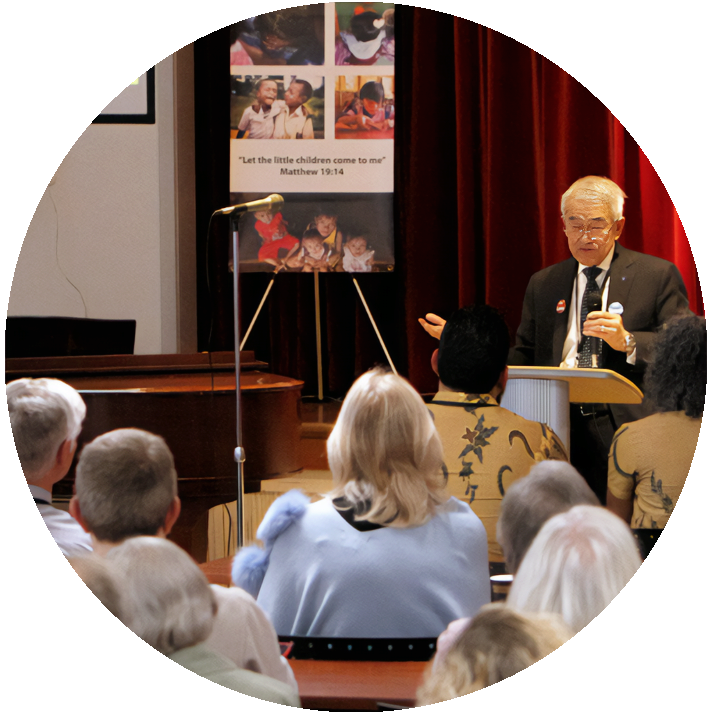Download Printable Version Here
Thank you for praying with us this December. As we enter the season of Christmas, may we remember that every good and perfect gift is from above, from the Father who never changes (James 1:17). May His unchanging love fill your heart with peace and hope.
.










